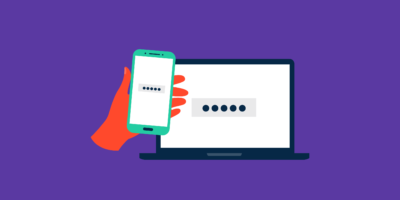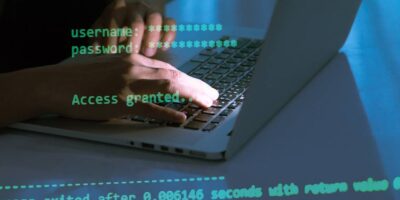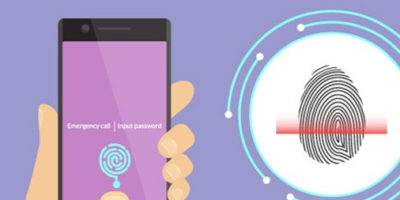The growth of online commerce, services and the shared economy has created the need for a new type of identification. It is called a digital identity. The digital identity can be the key to preventing online fraud and crime. It can also lead to new types of previously unthought of business applications and models.
So, what is a digital identity and how will it improve our shared economy and online experience? A digital identity can be thought of as an aggregation of our browsing history, online activity and behavior on the web. It is basically a snapshot of who we are based on what we do on the internet.
The digital identity can greatly improve security. Hackers can easily steal a person’s social security number or other form of photo ID. With a social security card or a driver’s license an identity thief can open up accounts in another person’s name. They can even masquerade as that person. Illegal aliens have used stolen identities to apply for work and remain in the country.
A digital identity can be thought of as an extra layer of protection for online transactions and services. A thief or hacker may be able to steal a person’s ID card or credit card, but they will be unable to copy a person’s digital identity. The digital identity can greatly cut down on fraud and impersonation on the web. It also has tremendous applications in the cyber-security realm.
Examples of how a digital identity can improve security includes the following. Let’s say an individual orders products on a regular basis on the web using government issued photo identification. How can you check to make sure that the person who first placed the order is the actual person that is continuing to make orders from you? A digital identity will be able to tell you more about who a person is than just a photo ID or address.
In the shared economy digital identities can improve the experience for service such as ride sharing, and hotel alternatives. Customers want to be sure that their Uber driver is actually the person who they claim to be. Checking their digital identity would add an extra security measure. Airbnb can also benefit from digital identities by verifying people are who they actually say they are online.
Digital identification can also help secure networks. One breach in a network through a hack can easily lead to more security being compromised. Checking a person’s photo ID, their credentials, and digital identity will prevent hacks and stolen data in major networks and databases. This is because there will be an added layer of ID checks. The digital ID will also help create more trust and security in an increasingly digital and shared economy. This is a good thing and is increasingly becoming the norm.


